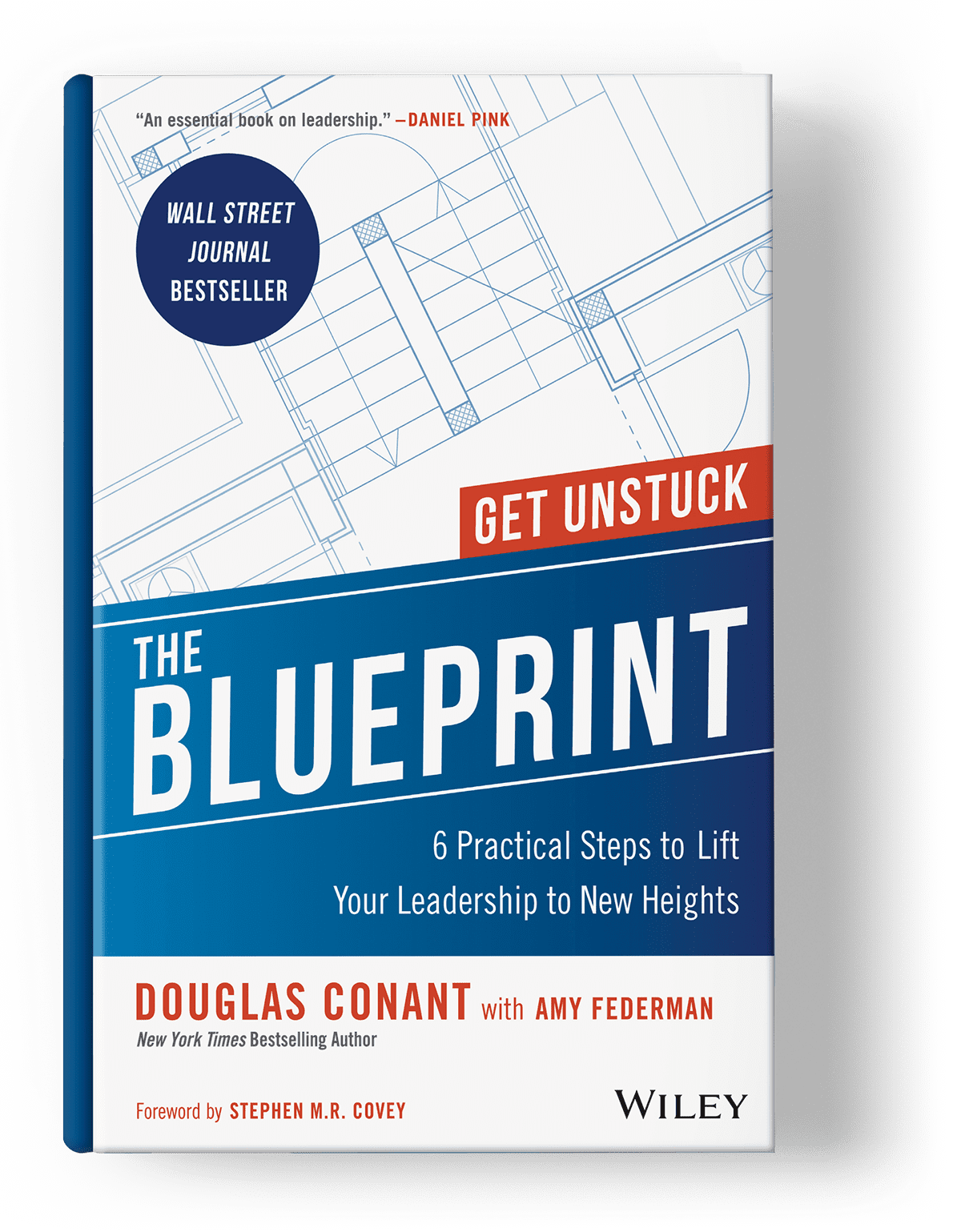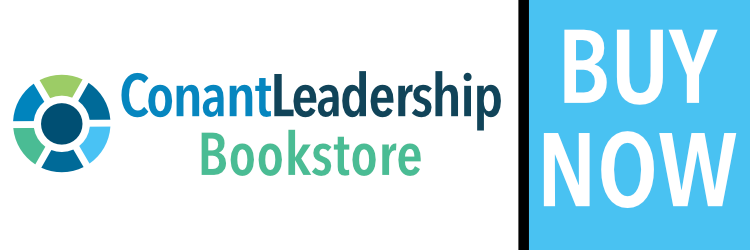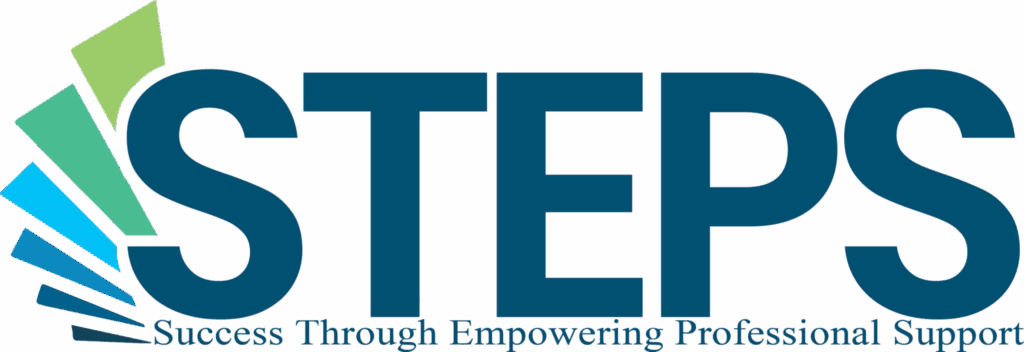3 Small Ways to Make Big Change
As leaders, we are often tasked with turning things around. We may be faced with a small situation that needs gentle improvement, or we may encounter an entire organization that needs dramatic transformation. Whether a small undertaking or a big one, it can seem overwhelming to manifest meaningful change. It’s a big deal to turn something that is struggling into something that is thriving. But it’s also an honor to be trusted with the job. So we need to be extra careful not to let our stakeholders down.
To ensure you do the best job possible, remember this simple maxim: change starts with you. (tweet) Remembering that we must look inward to bring about outward change is essential. With this piece of wisdom in mind, here are three small ways you can work on yourself to bring about larger change in your organizations and communities.
1. Show, Don’t Just Tell
As leaders, one of our most crucial responsibilities is to elicit extraordinary performance. It is our duty to engineer an environment in which contributors are engaged and performing at their best. Often, during times of change, this undertaking becomes even more critical, and more difficult. People are searching for the “why” before they can change their behavior — why should they give you their best if they don’t feel that you’re doing the same? Why does their work even matter? They may have been let down by poor leadership in the past. Morale may be abysmally low. So it’s up to you to give your best first in order to get the best from others. You have to show the “why” tangibly, first with your words, but then with your actions. Say what matters. Then do what matters. If you declare, “this is going to be the organization that listens to people” then you have to follow through with the appropriate action to bring that declaration to life. Value people’s opinions, incorporate their ideas, keep them involved in the process. Check yourself. Are you really listening in each interaction? You must consistently model the behavior you hope to see in each moment.
Be the change you want to see in the world. – Gandhi
2. Bring Yourself
If you are entrusted with bringing about change, you likely possess the knowledge needed to advance the organization, and you might have a plan — but knowledge is not enough. You have to bring yourself to each interaction in a deeply authentic way. People don’t care how much you know until they know how much you care. (tweet) Start by revealing the passion you will bring to the challenges ahead. Lay out your vision. Talk about what the work means, tell people why their contributions matter, ask them what they think. Authentic enthusiasm is infectious. Your positive energy will move gradually throughout the organization one person at a time. By making the work personal, you are challenging others to do the same. And, you may be surprised how many people are hungering for a meaningful connection to their work and to their leaders.
As you open up to people more and more, you may find people in turn opening up to you in ways you never imagined. Expect to be impressed by the breadth and wit of people’s ideas when their passion is activated by your own. It starts with you.
Authentic enthusiasm is infectious.
3. Be a Helper
The four most important words in leadership are, “How can I help?” Mastery of these four little words can be a catalyst towards enormous change — both in yourself and in others. When tasked with re-invigorating an organization, the most powerful adjustment you can make to your behavior is to begin each interaction with an earnest desire to help. Starting each moment this way anchors you to the true meaning of leadership: service. Leaders serve. Leaders contribute. With each recitation of the words “How can I help?” you remember that leadership is not about you, it is about others. (tweet) When you consistently follow through on your offer to help, people know you are truly willing to roll up your sleeves and do whatever it takes to make things better. And, they’ll be much more likely to roll up their sleeves and dig into the work right beside you. So — ask regularly, listen faithfully, and follow through resolutely.
Above all else, a leader’s job is to find powerful and effective ways to be helpful to their organizations, their people, and their community. When comprehensive change is needed, that job becomes ever more critical. So, as you work to incorporate these three small tactics for bringing about change, remember: Change begins with you.
(Photo credit: Death to the Stock Photo under this license).

“Doug Conant is remarkable—and so is this work.“
– Stephen M. R. Covey
Author of The Speed of Trust

The Blueprint
6 Practical Steps to Lift Your Leadership to New Heights
By Douglas Conant with Amy Federman

Have Doug Speak at Your Event
Doug works collaboratively with event organizers to customize his material for each audience.




0 Comments